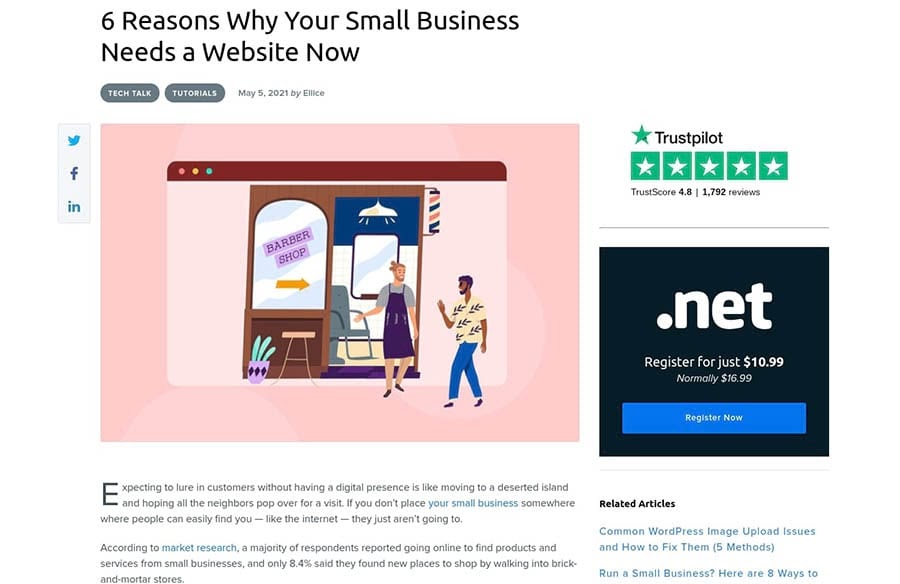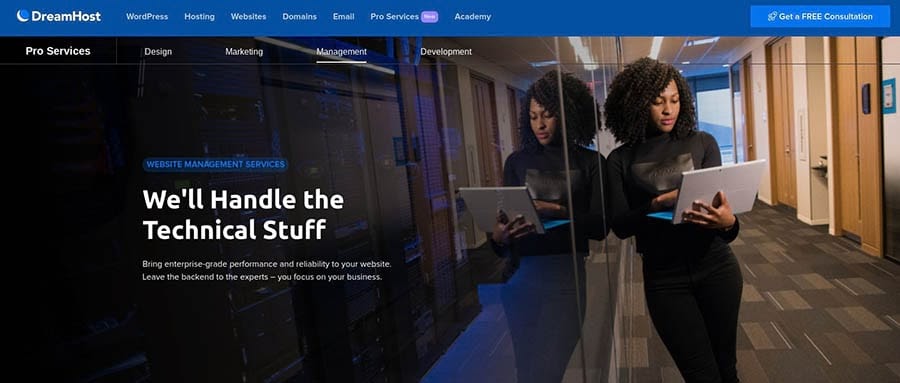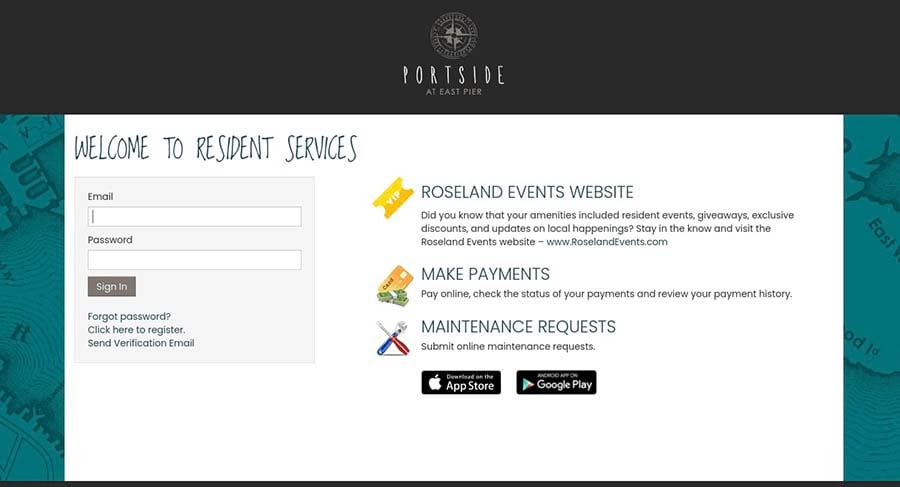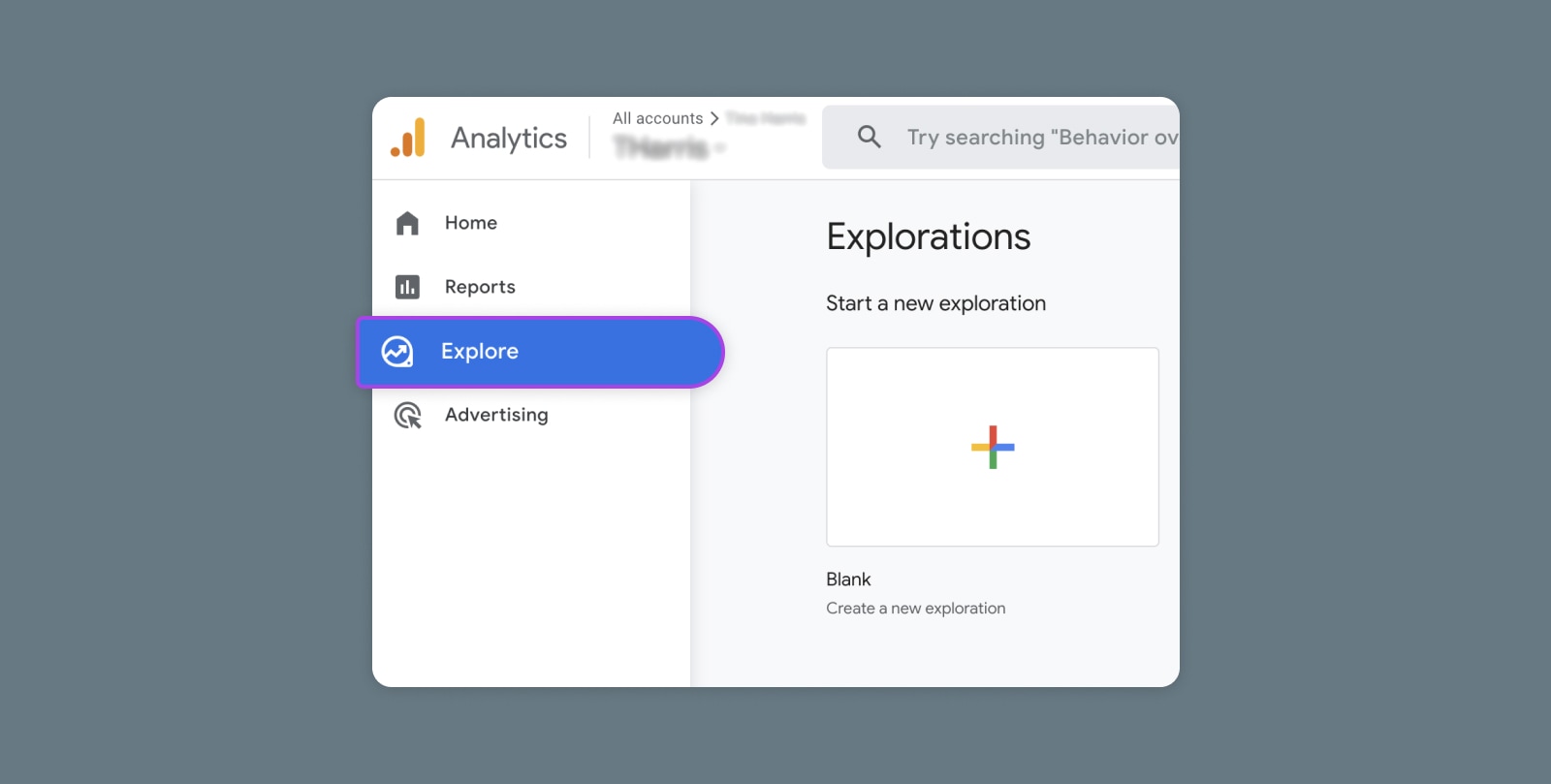As a small business owner, there might come a point when you feel it’s time to call for backup. Perhaps you’re struggling to stay on top of your responsibilities, or you realize that you lack the required expertise to carry out certain tasks.
In these situations, outsourcing might be the right solution for you. It involves hiring a third party to perform essential services, such as managing your company website and social media accounts. However, before getting outside assistance, it’s essential to identify the business areas that could benefit most from this strategy.
In this article, we’ll look at the main advantages of outsourcing jobs for your small company. We’ll also highlight the three things to never outsource for your small business and the six you can definitely hand off to someone else. Let’s get started!
The Advantages of Outsourcing for Small Businesses
Outsourcing can be very beneficial for small business owners. For starters, hiring third parties tends to be more cost-effective than employing new staff members, mainly because you don’t have to spend money on renting office space or expanding your existing location.
You’ll also avoid other costs that generally come with hiring employees, such as software licensing. When you outsource, you’re only paying for the services delivered by the third party.

Outsourcing can also reduce your stress as a small business owner and help you prioritize your tasks more efficiently. As your company grows, you may find that your workload becomes unmanageable. Handing over certain jobs to third parties will free you of those unnecessary burdens, so you can focus more time and energy on developing your products or services.
Finally, outsourcing can help you achieve your business goals more efficiently. For example, if you wish to grow your Instagram audience and drive more sales, you can achieve this quicker if you hire a social media expert (rather than doing it yourself or training an existing staff member).
Likewise, if you want a new website, you can have one up and running within a few days if you hire a professional. Ultimately, you can use outsourcing to fill gaps in your workforce and have experts take over the weaker areas of your organization.
How to Determine What Type of Help You Need
Perhaps you’ve decided that outsourcing is the right option for your small business and are wondering how to determine the type of help you require. Let’s look at a few factors to consider.
It’s best to start by identifying the tasks that are hard both for you and your team. These typically tend to be secondary or additional duties on top of primary responsibilities.
For example, your customer service assistant might also do a bit of social media marketing when time permits, even if it’s not their area of expertise. In this case, it makes sense to outsource your social media marketing, so you’ll have someone who can dedicate more time to it and achieve better results.
You might also want to track your time when working on particular tasks or projects. Even if you and your staff are qualified enough to handle every area of your business, some jobs can be more time-consuming than others, and in turn, require outsourcing.
For instance, while you may have the technical expertise to manage your website, doing so could be taking up a large part of your working day. Therefore, it might be a good idea to entrust a professional with the maintenance of your company site.
Delegate More, Stress Less
Running a website takes work. Now you can offload backend jobs — things like performance optimization, malware removal, and updating old software — to DreamHost’s technical professionals and free yourself up to focus on your business.

3 Things You Should Never Outsource for Your Small Business
Outsourcing can make things easier for you and your team. However, we believe there are three areas of your business that you should avoid handing over to third parties. Let’s take a look at them.
1. Core Competencies
Your core competencies are the capabilities or traits that make your company stand out from the competition. For instance, your main competency could be your innovative marketing strategy, or perhaps it’s the quality and reliability of your products. In other words, it’s what makes your business special.
Since this core competency gives you a competitive advantage, you might want to avoid assigning it to outside parties. Think of it as your ‘secret recipe’ that you want to protect and constantly improve.
2. Customer Service
Another area of your business that you should avoid outsourcing is customer service. When you interact directly with your clients, you can ensure that their issues and requests are addressed quickly and efficiently. This will help you earn a reputation for really caring about your user base.
Meanwhile, when you entrust a third party with your customer support operations, it’s hard to be sure whether they are dealing with your clients professionally. Poor service can cause irreparable damage to your brand image. You can also miss out on vital information about weak areas, which can help you improve your offerings.
Related: How Your Online Business Can Nail Customer Service
3. Human Resources
If you have a small team, handling your own human resources could be more cost-effective than outsourcing it. You may have one member of staff who has the authority to approve or reject holiday leave, deal with payroll processing, and handle other employee-related issues.
Having an in-house human resource manager also means that any problems or conflicts within your small team can get addressed and resolved instantly. This creates a safe and supportive working environment for your employees, which can positively impact their productivity.
6 Things You Should Consider Outsourcing for Your Small Business
As your workload begins to increase, you may feel the need to hire more freelancers or firms to handle a specific task or business function for you. Here are six main services you should consider outsourcing if you want to save money on training and employing staff.
1. Content Marketing
Content marketing is about publishing material aimed at engaging people with your brand and products. This normally includes articles, videos, and social media posts.

Crafting interesting content for your audience requires time and creativity. When you outsource your content marketing to a freelancer (also known as an independent contractor) or a content agency, you can have professional writers regularly creating high-quality posts for your company website or social media channels.
Outsourcing helps ensure that you will have fresh, engaging content published regularly. In addition to continuously providing value to your clients, this can also help boost your rankings in search engines.
2. Search Engine Optimization (SEO) Marketing
SEO is a marketing strategy that helps your website get found by users looking for products in your niche. It can help you drive more traffic to your website, and therefore increase sales.
However, SEO can take a while to master. There’s a lot of technical work involved and many different areas to cover, from performing keyword research to optimizing your website’s metadata. For this reason, you might want to consider hiring SEO strategists to help your website rank higher on search engines.
3. Social Media Marketing
Managing multiple social media accounts can be taxing. The quickest way to grow your following and engagement is to publish unique posts daily – something you and your team may not have the time for.

Outsourcing your social media marketing means you won’t have to spend hours taking beautiful photos for your Instagram account or trying to come up with interesting content to post on your Facebook page. Social media experts can do all the posting for you while helping you reach a wider audience.
4. Website Design
These days, almost everyone can create a website. Thanks to the variety of drag-and-drop website builders available, developing your own site has never been easier. However, not everyone is design-savvy, and a poorly-built site can drive people away.
If you want people to trust your authority or buy your online products, your company should have a professional website. We recommend hiring web design experts who can create a stunning WordPress website that reflects your brand image and values and offers an engaging User Experience (UX).
Related: What Makes a Good Website?
5. Website Management
As a business owner, building a well-designed and functional website is just the beginning. Once you’ve set up your site, it’s essential to make sure that it’s actively managed and maintained.
Considering that this is a time-consuming and sometimes tedious undertaking, we recommend finding someone who can manage the technical work.

Occasionally, your website will require some updates or backups. Moreover, some features might stop working, or your site may become unresponsive.
If you outsource your website management, you don’t have to worry about fixing glitches on your site or resolving serious issues such as hacking attacks. Instead, you can have experts troubleshoot any technical issues and carry out regular maintenance on your site.
6. Website Development
As your business grows, so will your website. Perhaps you’ll need to add new products to your online shop or install new features such as live chat or a membership area.

By hiring an expert web developer, you can keep your site updated and relevant without having to do any work. Simply let your developer know what changes you want to make on your site, and they can take care of it.
Outsource with Software and Tools
Are you thinking of outsourcing some business operations? Consider a virtual assistant! Check out our round-up posts of software and tools that can help you manage your outsourcing:
- 17 SEO Tools to Optimize Your Website for Success
- 36 Brilliant Blogging Tools to Help You Write Better, Publish More, and Increase Traffic
- 11 Best Web Management Tools for Small Businesses
- 30 Best Apps for Small Businesses
When hiring third parties to perform jobs for your business, it might be a good idea to use a few task management tools so you can keep track of all your outsourced projects.
Entrepreneur Tips in Your Inbox
Whether you need help creating the perfect web design, crafting a digital marketing strategy, or managing a remote team, we can help! Subscribe to our monthly digest so you never miss an article.

Perfecting Your Business Process
As your small business starts to grow, you might want to consider outsourcing some essential tasks. Hiring freelancers or other firms to take over certain areas of your business can be more cost-effective than training your team or employing new staff members.
As discussed in this post, some areas make sense to handle in-house, such as your core competencies, customer service, and human resources. However, when it comes to marketing initiatives — such as SEO and social media and web design and development — we recommend outsourcing to minimize costs without sacrificing quality.
If you’re looking to hand over your marketing and website management to the experts, we offer several professional services to help you grow your business in a cost-effective way. Check out our plans to learn more!
The post 3 Things You Should Never Outsource for Your Small Business (And 6 You Should) appeared first on Website Guides, Tips & Knowledge.
source https://www.dreamhost.com/blog/small-business-outsourcing/

No comments:
Post a Comment